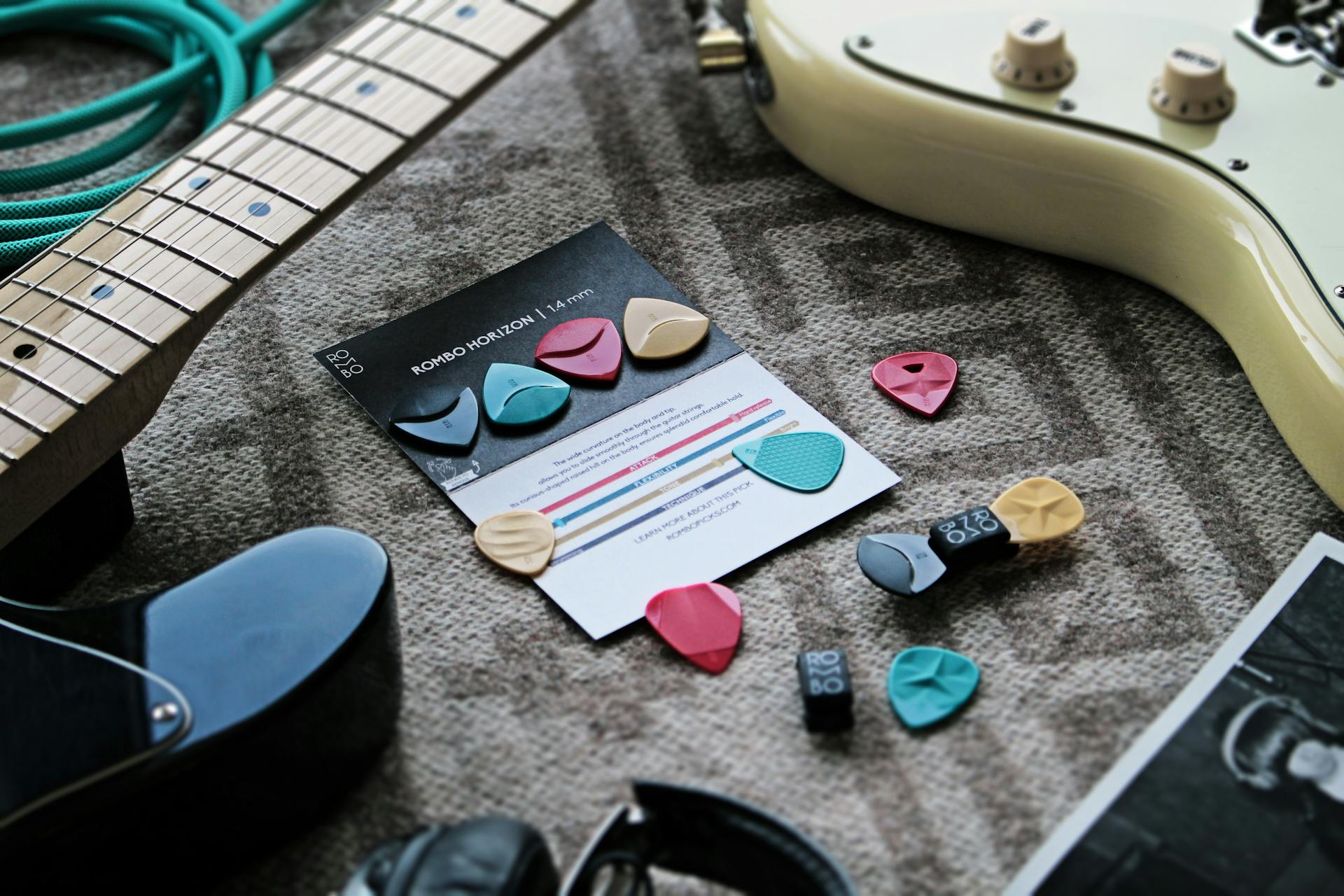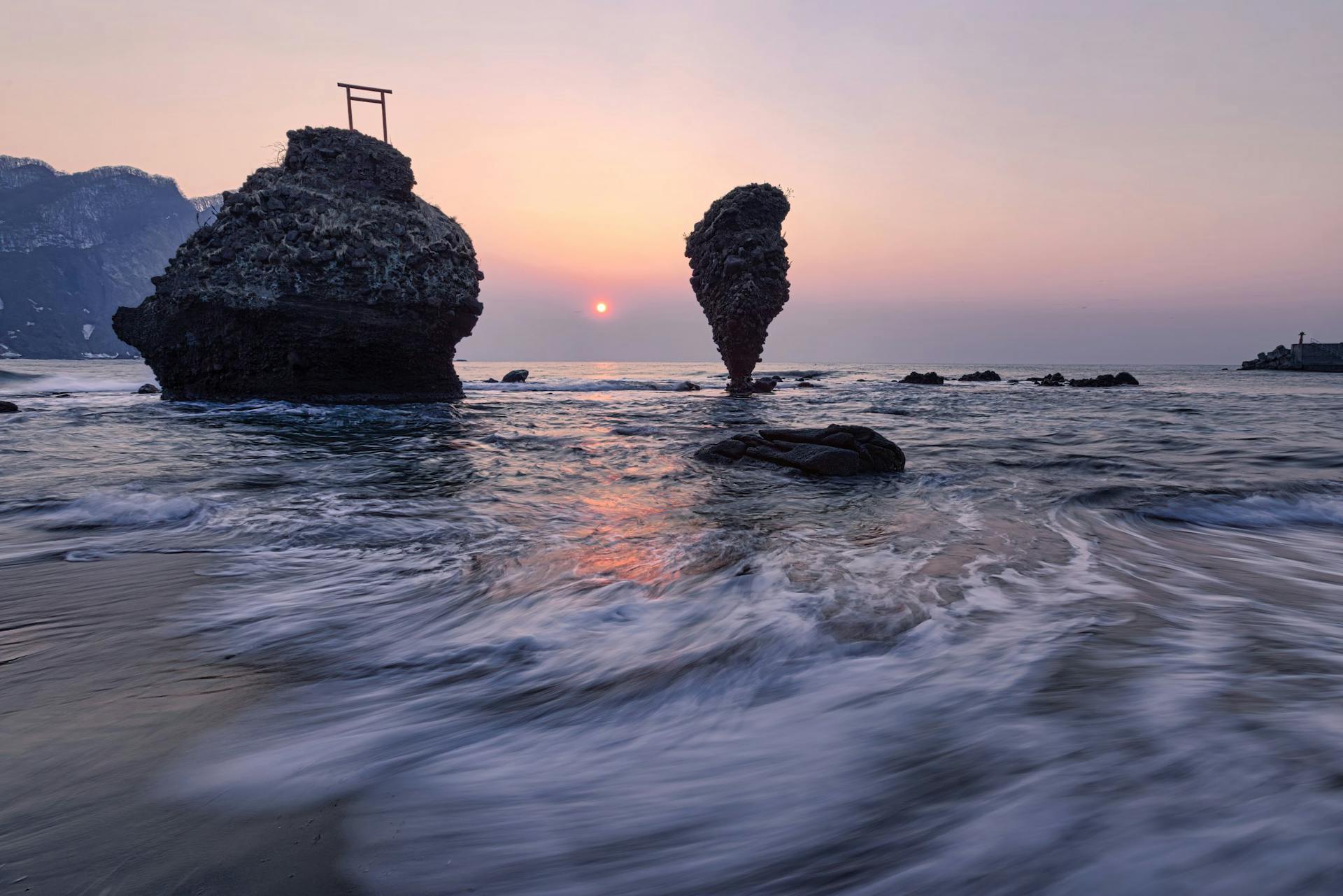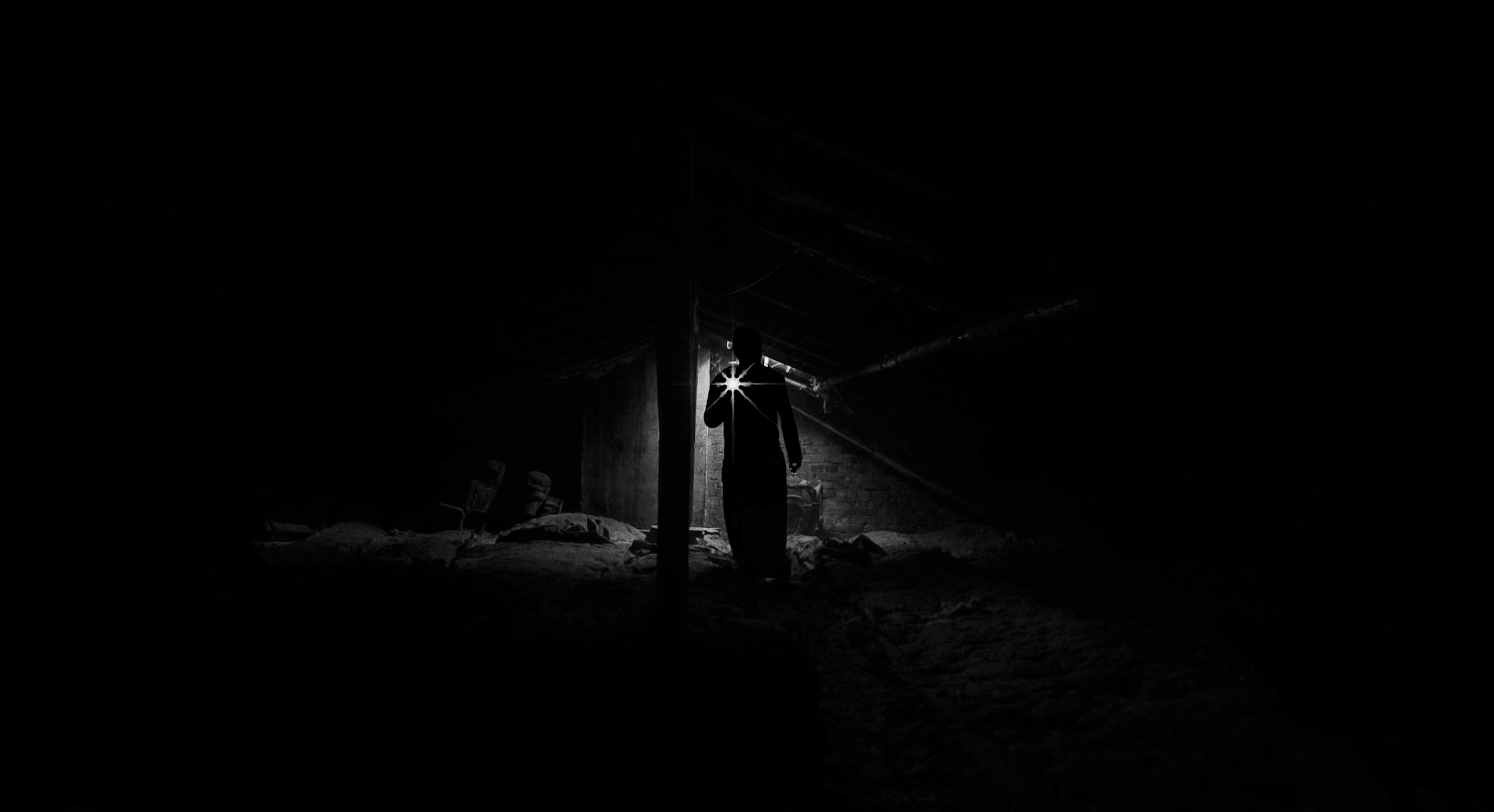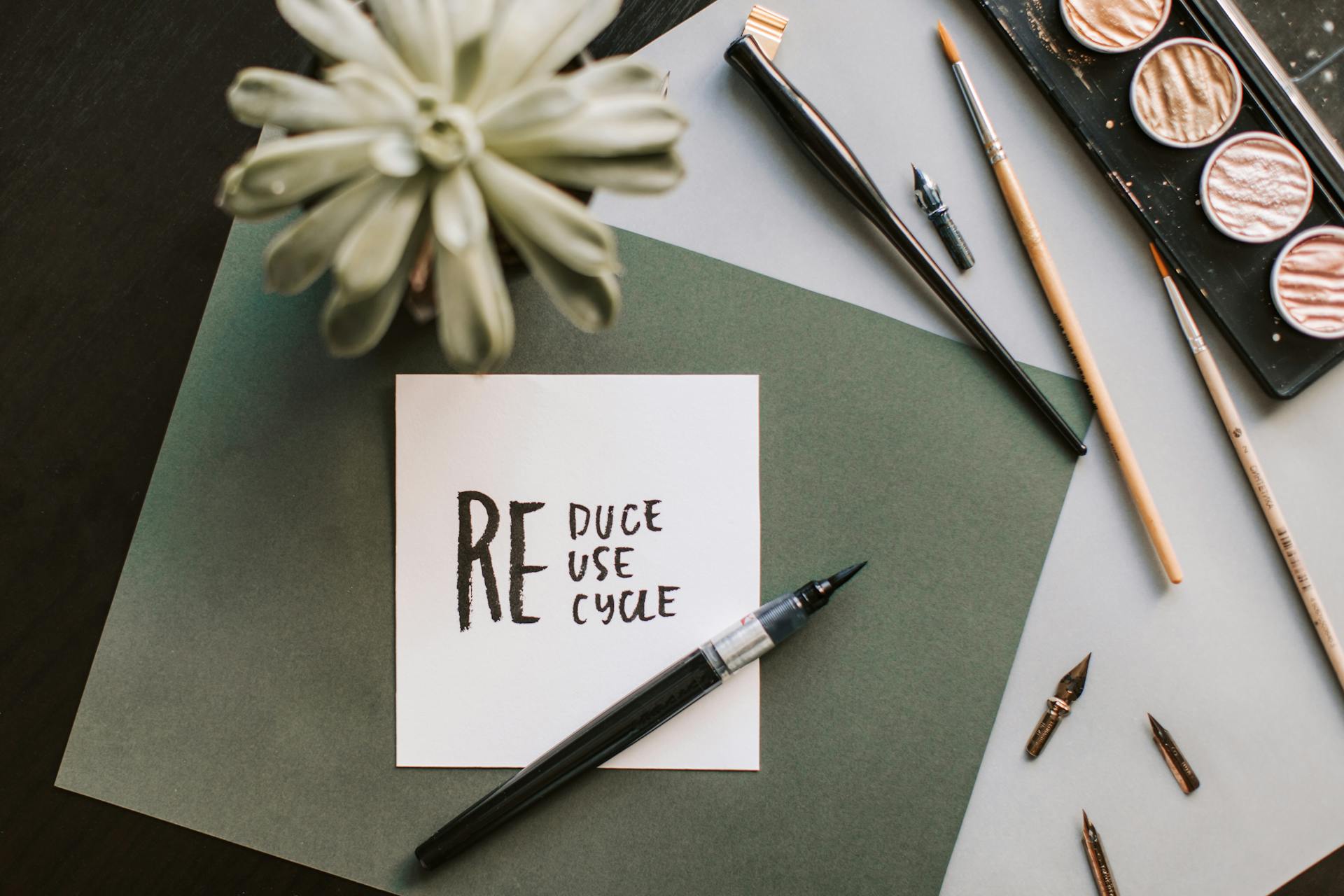
Composting is an excellent way to reduce waste, improve soil health, and grow a flourishing garden. While many of us instinctively compost food scraps, we often overlook the potential of composting paper.
Composting paper can make a huge difference in your zero-waste journey. Instead of sending paper products to a landfill, you can transform them into nutrient-rich compost that will nourish your garden or houseplants. However, it's important to compost paper properly to avoid contamination and ensure that it breaks down effectively.
In this article, we'll explore how to compost paper of all kinds – from newspaper and cardboard to office paper and junk mail. Whether you're new to composting or simply looking for ways to reduce your environmental footprint, learning how to compost paper can be a simple yet impactful step towards a more sustainable lifestyle.
Worth a look: Can You Recycle Paper Plates
Here's All You Need to Know to Compost Paper!
Composting leftover paper waste is a fantastic way to help divert waste from the landfill and create a nutrient-rich mixture for your home veggie garden. In recent years, sustainable technology making composting accessible even in small spaces has become increasingly popular. To get started, all you need is a compost bin, some organic materials like food scraps and paper, and patience.
Vermicomposting bins tend to be low maintenance and perfect for those with limited outdoor space. These bins use worms to eat compost and turn it into decomposed organic matter that can be used as soil drainage or mixed into the earth to conserve water, reduce the need for synthetic fertilizers, and give your plants an extra boost of nutrition. Plus, if you love composting your kitchen office paper waste, storing it in a vermicomposting bin is a double bonus!
Finally composting paper is easy! By helping divert waste from landfills and giving back to the earth by creating nutrient-rich soil for your home veggie garden. Composting leftover paper waste not only helps you do your part in conserving natural resources but also helps you grow healthy nutritious veggies at home without relying on synthetic fertilizers. So grab a compost bin or vermicomposting bin today and start composting your paper waste!
Discovering the Truth about Biodegradable Paper Products!

Contrary to popular belief, biodegradable does not always mean compostable. Generally speaking, compostable means that an item can break down to produce nutrient-rich compost. On the other hand, biodegradable means that an item will eventually break down into smaller pieces with the help of oxygen, but it doesn't necessarily produce nutrient-rich compost.
When buying paper-based items labeled biodegradable hoping they will go into your compost bin, it's important to double check if they are actually compostable. If not, they may break down into unwanted by-products that ultimately pollute the environment rather than producing nutrient-rich soil.
Composting lets organic matter naturally decompose over time and produce valuable nutrients for plants. So, before throwing any paper-based item in your compost bin and hoping it will turn into nutritious soil, continue reading and make sure it is actually certified as compostable.
The Ultimate Take on Recycling Paper Through Composting
Composting paper is a great option for recycling common paper products. By composting paper, we are coming full circle by returning it to the earth and using it as a natural fertilizer. Don't worry about food residue on the paper, as oftentimes compostable versions are available. Composting paper can divert a huge amount of waste from landfills, making it an excellent option for recycling. Good luck in your efforts to reduce waste and recycle responsibly!
1. Share your thoughts
Compost paper is a great way to reduce waste and promote sustainability. By using recycled paper products, we can minimize the amount of trash that ends up in landfills and contribute to a healthier environment. I believe that compost paper is a step forward in the right direction for our planet.
I would love to hear other people's thoughts on this topic. If you have any comments or suggestions about compost paper, please feel free to share them in the comments section below. Your email address will not be published, but required fields are marked *. Let's work together towards a greener future!
The Essence of Composting: Everything You Need to Know
The process of composting is a way to recycle organic material and turn it into fertilizer. Composting works by allowing bacteria and fungi to break down organic matter, creating a nutrient-rich substance that helps plants grow. There are numerous environmental benefits including conserving water - composting helps soil retain water, cutting methane emissions - composting cuts methane emissions in half compared to anaerobic decomposition which produces half methane and half carbon dioxide (both greenhouse gases), improving soil health by providing vital nutrients such as nitrogen and phosphorus, and reducing erosion - composting helps reduce erosion by helping soil retain water.
Properly composting organic material is crucial because not all organic matter can decompose aerobically, meaning it requires oxygen. Compost piles that aren't properly maintained can lead to anaerobic decomposition, meaning the organic material is decomposing without oxygen. This results in half methane and half carbon dioxide being produced, both of which are potent greenhouse gases that contribute significantly to the environment's landfills' third-largest source of human-made methane emissions.
In conclusion, compost paper is an excellent way to reduce waste while also contributing positively to the environment. When done correctly, composting provides numerous environmental benefits such as conserving water, improving soil health, reducing erosion, and cutting methane emissions. Remember that proper maintenance of your compost pile is essential for ensuring that organic material decomposes aerobically rather than anaerobically.
Readers also liked: Organic Cotton
Unleashing the Benefits of Composting Paper
Recycling paper is a great way to reduce landfill waste, but it also comes with its own set of challenges. The bleaching process and recycling process both require energy and produce inky sludge waste products that can be difficult to dispose of. Despite high recycling rates for paper, virgin paper still makes up a large portion of the material paper makes. This is where composting paper products presents an added bonus.
Composting paper products helps to divert even more waste from landfills while also reducing methane production, a potent greenhouse gas. For every ton of composted paper, up to 7000 gallons of methane are prevented from entering the atmosphere as CO2 equivalents. Composting 24 trees worth of paper can create a good nutrient balance for your compost pile while adding brown material that ideally makes up a third of the pile's contents.
Composting paper is fairly simple to make happen at home or on a larger scale. Just add compostable paper products regularly and remember to turn your compost pile regularly to ensure oxygen flow throughout the breakdown process. By choosing to compost instead of trash or recycle some of your paper products, you'll be doing your part to reduce landfill waste and greenhouse gas emissions all while creating valuable soil amendments for your garden or landscaping needs.
The Surprising Truth About Paper Decomposition Time
Did you know that long paper takes a very long time to decompose? This is something many people are not aware of, especially when they throw large sheets of paper in their compost bin. However, with the right composting method and some patience, even those bigger pieces of paper can become valuable additions to your compost mixture.
To speed up the decomposition process, it's important to tear or shred the paper into smaller pieces before adding it to the bin. Keeping a good moisture balance and regularly mixing worm tea into the compost mixture will also help worms remember to break down those brown materials faster. So next time you have some scraps of paper lying around, don't hesitate to add them to your compost bin – just make sure they're torn or shredded first!
Discover the Surprising Range of Paper that Can Be Composted

Let's answer one of the common questions surrounding composting paper: what kinds of paper can be added to a compost bin? Firstly, it's important to understand that composting involves adding both brown matter (carbon-rich waste) and green matter (nitrogen-rich waste) to create a healthy balance of nutrients. While brown matter is typically dry, wet materials such as spoiled food, brown matter like dead leaves and broken eggshells, and even freezer burnt veggies can be great brown matter options.
Now onto the surprising range of paper that can be composted! Coffee grounds are considered green matter but when mixed with coffee filters they become a great addition to your compost bin. Other surprising green matter paper includes cardboard rolls from toilet paper and aluminum foil boxes, shredded newspaper and office paper, and even pizza boxes (as long as they don't have any wax or plastic coatings). Remember to always aim for a 3:1 ratio of brown to green matter in your compost bin for optimal results.
Transform Your Waste: Discover How to Compost Paper

Composting is a great way to reduce waste and create nutrient-rich soil for your garden. But did you know that it includes paper? Non-glossy office paper, as well as uncoated cardboard and construction paper, are all great additions to your compost pile. However, colored paper and glossy paper should be avoided due to heavy metals making them bad candidates for composting.
When it comes to choosing what kind of paper to add to your compost pile, nontoxic, high-quality paper is a safe choice. Consider sending clean printer or office paper and recycling facility high-grade paper scraps to the compost instead of throwing them away. These papers are considered high-carbon organic items called brown items, which are compounds essential for life.
In the green category of organic matter that can be added to your compost include coffee grounds, fresh grass clippings, yard trimmings, and food scraps. However, some organic matter shouldn't be added because they can create problems such as foul odors that attract pests or carry pathogens such as black walnut tree leaves and twigs from black walnut trees that release substances into the soil. Additionally, items like dairy products break down slowly and attract pests because they smell bad while eggs also break down slowly and attract pests due to their odor. Fats, grease lard items can also break down slowly and attract pests along with fish bones while pet feces should be avoided entirely due to bacteria parasites in litter pet feces or insects diseased or infested plants along with chemicals from yard trimmings
Discover the Types of Paper that are Safe for Composting
Composting paper is a great way to achieve healthy compost, but not all paper products you're using can be used in this process. The type of paper you can compost depends on its ingredients and how it was processed. For instance, brown waste such as cardboard and newspapers are great for composting because they contain carbon, while green waste like vegetables, fruits, and grass clippings provide nitrogen.
When it comes to paper composting, there are types of paper that work well in the process. These include shredded office paper, coffee filters, tea bags (without staples), napkins (made from unbleached recycled materials), and plain white printer paper. However, avoid glossy or coated paper as they can contain chemicals harmful to your compost pile. With these tips in mind, you can start adding paper to your compost bin and help reduce waste while achieving healthy soil for your garden.
Frequently Asked Questions
How to use cardboard and newspaper in your compost pile?
To use cardboard and newspaper in your compost pile, shred them into small pieces and mix them with other organic materials. The carbon-rich cardboard and newspaper will balance the nitrogen-rich greens, and help create a nutrient-rich compost for your garden.
Is paper waste a good material for composting?
Yes, paper waste such as shredded newspaper and cardboard can be a good material for composting as it provides carbon to balance out the nitrogen-rich materials in your compost pile. However, it is important to avoid using glossy or colored paper as these may contain harmful chemicals that can harm your plants.
Can I put cardboard in my compost?
Yes, cardboard can be added to your compost pile as long as it is shredded or torn into small pieces to aid in decomposition. However, it is best to avoid glossy or colored cardboard as they may contain harmful chemicals.
How do you make a healthy compost bin?
To make a healthy compost bin, start by layering brown and green materials, keeping the ratio of carbon to nitrogen at 25:1. Add water and turn the pile regularly to aerate it and promote decomposition.
Is paper a good addition to compost?
Yes, paper is a great addition to compost as long as it's shredded or torn into small pieces to allow for faster decomposition. Avoid glossy or colored paper and opt for unbleached paper products for optimal results.
Featured Images: pexels.com

